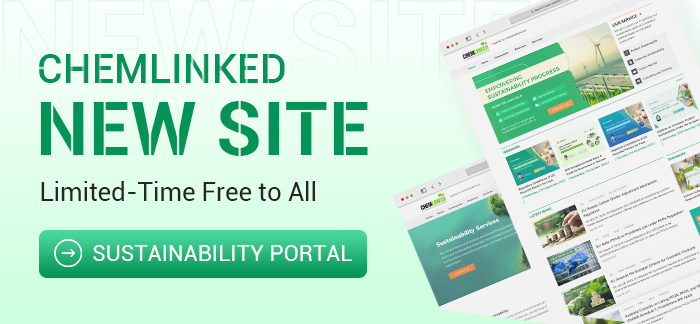EU REACH: Upcoming Changes to Information Requirements
On April 12, 2022, the European Chemicals Agency(ECHA) published the news that the European Commission has revised certain information requirements for registering chemicals under EU REACH. Companies should start to prepare as the changes will begin to apply in October 2022. ECHA will publish further advice later this year.
The update of the EU REACH annexes clarifies the information companies need to submit in their registrations and makes ECHA’s evaluation practices more transparent and predictable. The changes will start to apply from 14 October 2022. Companies should get familiar with the updated annexes and prepare to review their registration dossiers.
The main changes concern:
- Requirements and specific rules for adaptation of:
- in vitro and in vivo mutagenicity studies, specifying when further studies are needed based on mutagenicity concerns;
- reproductive toxicity studies, specifying the preferred animal species and administration routes, and clarifying the conditions triggering the need for further studies based on concerns;
- aquatic toxicity studies, clarifying when long-term studies must be performed instead of short-term studies or in addition to them;
- toxicity studies on terrestrial and sediment organisms, specifying when long-term studies are needed instead of short-term studies and clarifying that long-term testing must investigate both degradation and transformation products; and
- degradation and bioaccumulation studies, specifying when further testing is needed, including investigation of both degradation and transformation products.
- The obligation for only representatives to provide details on the non-EU manufacturer they represent.
- Substance identification information including:
- the requirement to describe the compositions, nanoform or set of similar nanoforms related to information submitted to fulfil information requirements under Annex VII-X of EU REACH;
- new requirements for reporting a crystal structure and for reporting compositions for substances with unknown or variable composition, complex reaction products or of biological materials (UVCBs); and
- clarified requirements for reporting constituents, impurities, and additives as well as for analytical information.
ECHA is updating its guidance materials and will publish advice related to information requirements for registrants in the second half of 2022.
The changes will also impact IUCLID. The current IUCLID 6 format already allows data to be reported as required by the revised EU REACH annexes. The next major IUCLID release in April 2023 will make some adjustments, including changes to its Validation assistant. At the same time, ECHA’s completeness check will be aligned with the revised information requirements.


